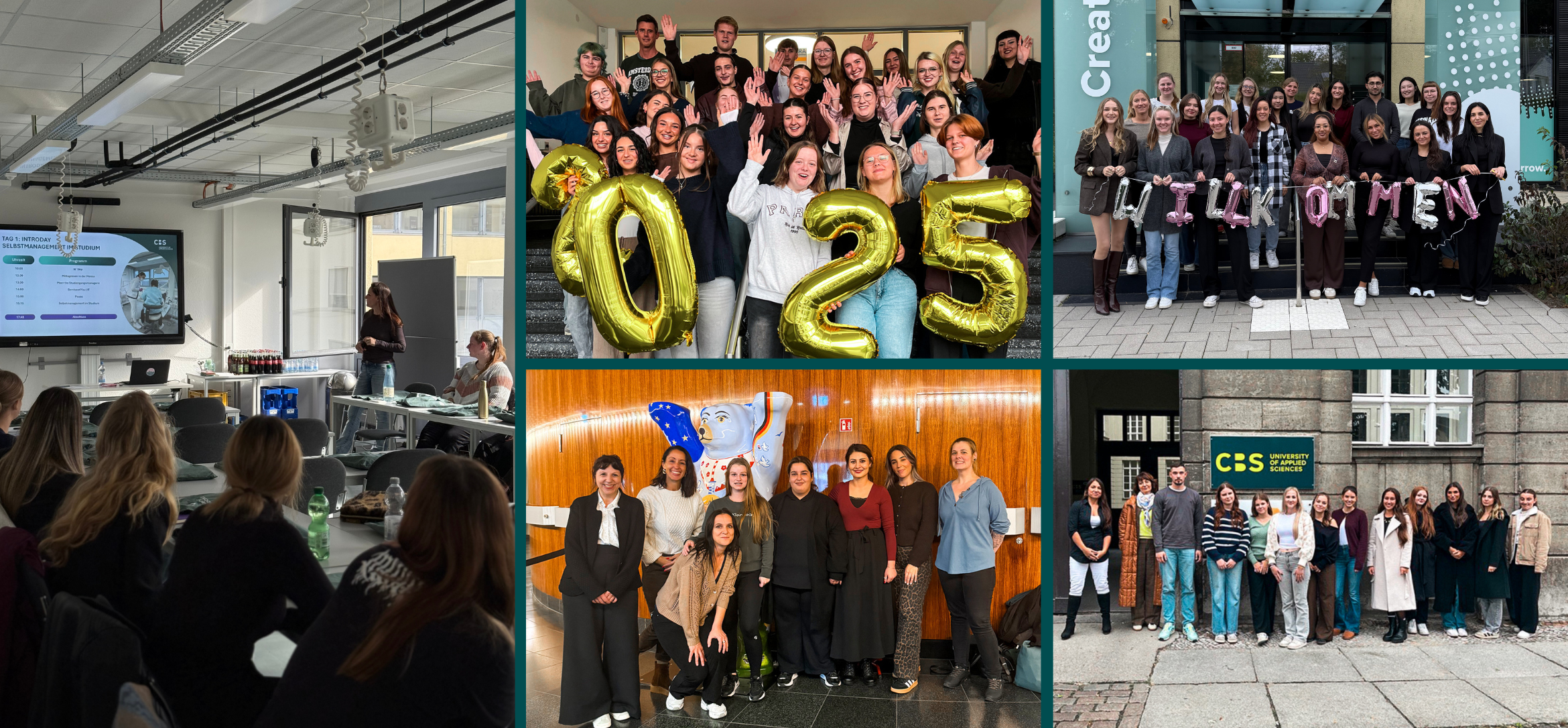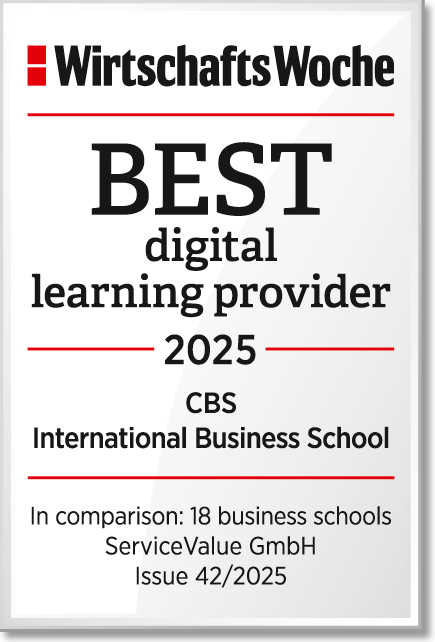
Could the corona pandemic lead to a long-term rethink in the economy? Or will its shock effect on the economy soon fade away? On the occasion of her appointment as a member of the Interim Management Council of the PRME Initiative, the UN Global Compact Initiative for sustainable and responsible corporate management, we interview CBS President Prof. Dr. habil. Lisa Fröhlich on the significance of sustainable management for the economy and in university education.
CBS: Congratulations on your new position within the PRME Initiative! Which goals would you now like to pursue more vigorously?
Prof. Dr. Lisa Fröhlich: In my work, I feel particularly committed to the 17 goals of Agenda 2030. With them, the UN has created a framework that unites all countries of the world to find common solutions to the social and ecological problems of our time. In doing so, I repeatedly notice that there is still a large delta between our knowledge of the opportunities of sustainable management and the economic trade of many entrepreneurs. Here I also see universities and business schools as having a responsibility to train their students to become responsible, value-based managers - so-called true leaders. At the CBS, we have been pursuing this goal for over 10 years through teaching methods for sustainable management which are at the centre of the curriculum development. Our curricula are designed to convey this new understanding of management and to carry it into the companies in the long term, whereby we can draw on our good and diverse contacts in the economy. Through my work at the PRME Initiative, I am able to "internationalise" the CBS vision and, together with the world's top universities, to create courses that respond to the respective sustainable economic challenges of different countries.
CBS: There is a lot of speculation in the media at the moment about the corona effect and about possible positive and negative effects on the economy. What effects on the economy do you think are likely?
Prof. Dr. Lisa Fröhlich: The negative economic effects will occupy us for many months, if not years. But I am convinced that mankind is inventive - we will also master this crisis! My wish for companies, but also for politicians, is that they should learn from this crisis and take the challenges of global supply chains seriously. We simply need to be better prepared for risks arising from ecological and social disasters - tsunamis, volcanic eruptions, water shortages, floods of refugees. We have to find answers to them! Education is more important than ever, because only with qualified employees can we develop new strategies for the future in the triad of sustainability, digitalisation and globalisation. In my opinion, however, this requires a return to the fundamental values of our society, and we must ask ourselves the question what kind of world we want to live in. This is the question we are asking ourselves currently in the PRME initiative and are trying to define what contribution business schools can make to the implementation of this vision.
CBS: In your opinion, will the current crisis lead to a long-term rethink in the economy or only to short-term changes?
Prof. Dr. Lisa Fröhlich: This crisis must not only lead to short-term adjustments! We have to fundamentally question our business practices, develop a new understanding of values for management and, above all, ensure that we as a training institution live up to these aspirations. Unfortunately, too many business schools still follow the mechanistic world view and justify all their actions by pure profit maximisation. Profit increase is also possible if we move from purely quantitative target values to more quality. Of course, change always takes time, is sometimes painful and requires sacrifice. Nevertheless, we should see this crisis as an opportunity to consistently pursue precisely this new, sustainable way of doing business, in keeping with Churchill's motto: "Never miss a good crisis". No scientist would have thought that over parts of China the sky would be blue again after only one month of production standstill and that the dolphins would swim in the Canale Grande - that is motivation enough to try to bring ecological balance and social justice back into our world.
CBS: What conclusions do you draw from this for your work at the PRME Initiative and at the CBS International Business School?
Prof. Dr. Lisa Fröhlich: If I am completely honest, at the beginning of the corona crisis, frustration prevailed. I have been teaching sustainable supply chain management for ten years now and teach our students the importance of supply chain transparency, supply chain mapping and much more. As the crisis began, it became clear that no company was prepared for changes of this kind. But my motivation soon returned, because in the PRME Initiative we work together at the interface between education and application in companies. It is our task as a business school to build the bridge between our students and the companies: At the CBS, we train qualified management leaders who will also be urgently needed after the crisis. Our quality standards for university education have always been very high and through the cooperation with the PRME initiative, we can learn from the best and actively help shape the future of a new, value-based management.
CBS: Thank you very much for the interview!
Coronavirus's impact on supply chain & climate - Interview with Prof. Dr. Lisa Fröhlich
Prof. Dr. Lisa Fröhlich im Interview
UN Global Compact – CBS becomes a member! Interview with Prof. Dr. Lisa Fröhlich
Creating tomorrow: CBS supports demands for a supply chain law
















